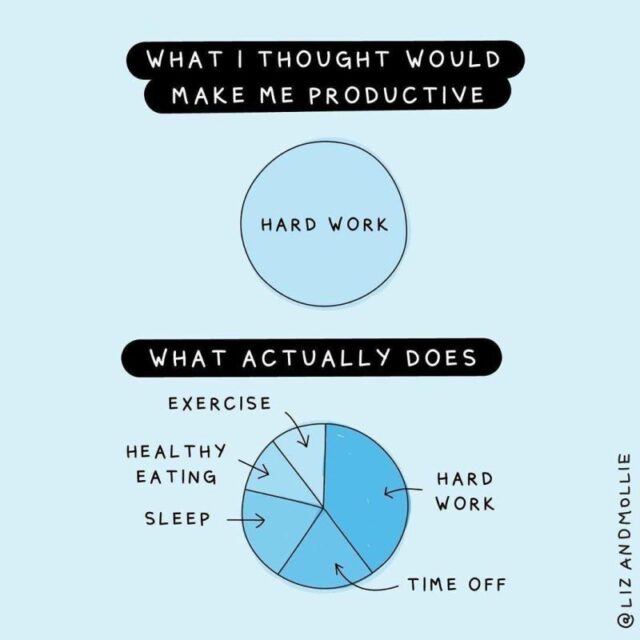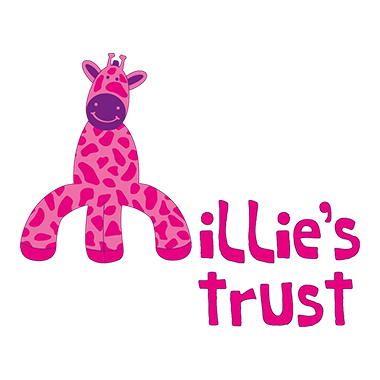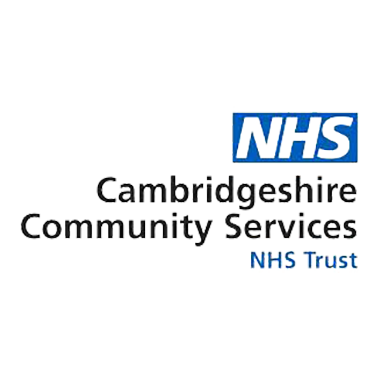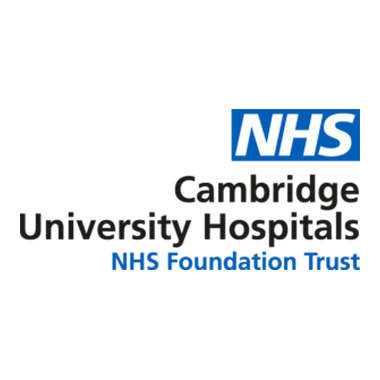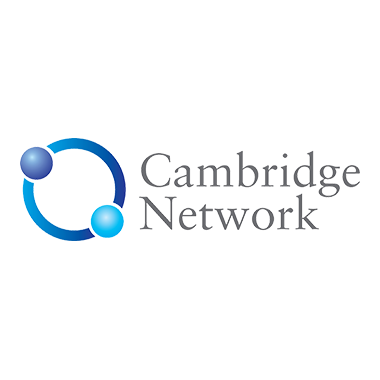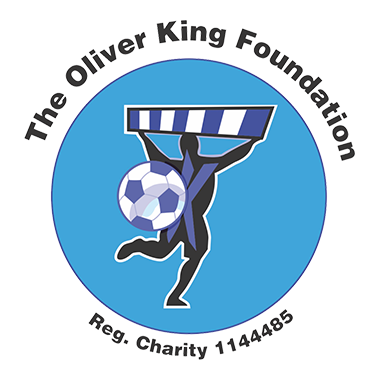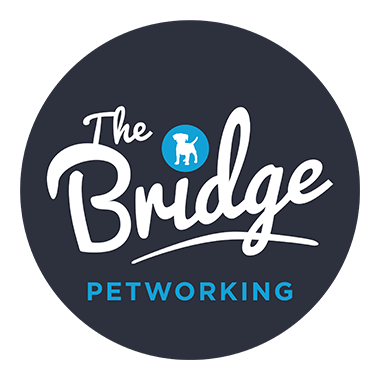Mental health first aid, you can make a difference today.
Published: 17/12/22 By: Jenny White
Why wait for new year’s?
Take action now to enhance the quality of connection with yourself and others during the holidays and the new year.
Most people are ready to coast to the finish line right now, but why not dig deep, one final push can make the whole year feel like a success.
What can you do in the next 20 days to build momentum and finish the year on a high note? Get organised now, plan ahead and book a face to face classroom course for 2023.
What are you going to do, coast, jog, or sprint finish with a slide tackle through the finish line!
It was our last classroom course in Cambridgeshire for 2022 yesterday…
Although we are tempted to just shutdown and crack open the quality streets, we know better. It’s all about balance.
We will leave you with these tips for the holidays from our number one neuroscientist Andrew Huberman.
If you have completed one of our mental health courses, you will have been recommended the Huberman Lab already. Credible, science backed evidence based advise on mental health is hard to differentiate from all the noise and well-meaning advice.
(The references and details behind these practices and points below are covered in the two Huberman Lab Podcast episodes mentioned. The Huberman Lab Podcast episodes are out each Monday on YouTube, Apple Podcasts, Spotify and other major podcast platforms. Please subscribe to those channels.)
“Five steps to enhance the quality of connection with yourself and others during the holidays and the new year.
1. GET THANKS
That’s right. Get thanks. Neuroimaging, EEG (brain electrical recording) and psychology studies show that the positive effects of a gratitude practice primarily occur when we receive, not when we give, gratitude. Of course, for that to happen, someone has to give gratitude, but merely writing out gratitude lists or counting our blessings—while useful, pale in comparison to receiving gratitude. Thus, give gratitude and encourage those receiving it to really hear you. Hopefully, someone in your life (perhaps many people) will genuinely thank you too.
2. MAKE IT GENUINE
In the science of gratitude podcast episode, I discussed a study showing that the genuine intention of the gratitude giver (the thanker), has a direct impact on the degree of positive effect felt by the person receiving the gratitude (the thankee). So give thanks, but do so with honesty. It matters.
3. OBSERVE/RECALL OTHERS GIVING & RECEIVING GENUINE THANKS
Neuroimaging studies from Antonio Damasio‘s Lab show that observing or hearing the stories of others receiving help (or thanks) activates pro-social circuits that improve our mood and other health metrics. We are wired for social interactions and are wired to gauge the emotional state of others. Hence, billions of viral Instagram and Twitter posts of people helping each other, people helping dogs or other animals stuck in drainage ditches, even dogs helping people stuck in drainage ditches, etc. It’s not by chance these posts are so popular. As the psychologist and neuroscientist Dr. Lisa Feldman Barrett, says: we regulate each other’s nervous systems. Having a story you can recall in which someone received genuine gratitude is beneficial. Recall that story 1-3 times per week. Once it’s imbedded in your memory, you don’t have to recall it in great detail to receive the benefits.
4. INTROVERSION & EXTROVERSION REFLECT SOCIAL HOMEOSTASIS
We have brain circuits that drive a “social hunger” – an appetite for finding and reinforcing social bonds, and the release of the neurochemical dopamine from a special brain location (called the dorsal raphe nucleus; DRN) is involved in that drive. Studies on introverts and extroverts suggest that introverts like social interaction but are socially satisfied faster than are extroverts. This makes sense, based potential differences in the amount of dopamine they release from the DRN in response to social interactions. Don’t assume that introverts are quiet and that extroverts talk a lot. That can be true, but just as often, it is simply that introverts experience more dopamine release from less social interaction and thus are satisfied earlier. The takeaway is to offer (or take) opportunities to exit social interactions early and not feel guilty about it or take offense. The extroverts can keep at it until they get the DRN/dopamine they need. If anyone gets offended when you say, “all full… I’m ready to go”, feel free to cite me.
5. MERGE PHYSIOLOGIES
Elegant studies done earlier this year show that when people hear a story, their hearts begin to beat in a similar way even if they are not in the same room as one another. This is remarkable and holds up even for people with very different backgrounds and lives. Other studies point to the fact that when people have similar physiological experiences, they forever feel closer, which is familiar to many of us. Oxytocin (a hormone) appears to be involved. Narrative drives common physiological responses, which are powerful glue for relationship building of all kinds. The takeaway: Build social bonds by hearing, watching or sharing stories. Everyone being on their individual phones is not the way to do that. Watching movies, hearing someone tell stories, playing or listening to music, etc. are all excellent paths to this. Do those things together.”
From the Neural Network, the official newsletter of the Huberman Lab.
“BONUS (REMINDER): Keep your wellbeing baseline high during the holidays. View morning sunlight, avoid bright lights (most) nights between 10 p.m. and 4 a.m. and practice Non-Sleep Deep Rest (NSDR) so you can maintain strength for yourself, and show up strong to everything you’re doing. See Newsletter #1 (Toolkit for Sleep) for details.”
Categories: Blog
